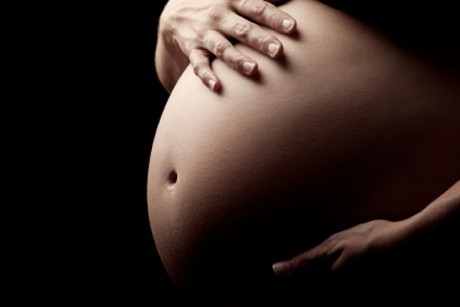As Zika makes its way north, pregnant women should be concerned about small babies, not only small heads. Despite being world-class and first-rate in every way, for at least a century, the United States has been satisfied in accepting the fact that some newborn babies just won't make it, especially black ones.
Nearly seven babies die during their first year of life out of every 1,000 babies born in the United States, putting us in 27th place out of 30 OECD countries, behind Greece, Hungary and Portugal. Our ranking was 12th in 1960; we've obviously been falling behind in the country that spends more on health care than anyone else.
The most common cause of infant mortality is giving birth to a preterm (before 37 weeks gestation) or low birth weight (less than 5.5 pounds) baby. About one in 10 babies is born prematurely among white mothers compared with one in six among black mothers in the United States. And the rate of low birth weight is about twice as high for black mothers compared with white mothers. This racial disparity in negative birth outcomes has been documented for at least a century and should be alarming for anyone concerned about women's and children's health--that is, all of us.
A common notion is small and premature babies will by and large "catch up" in weight and live long and healthy lives; many of them fortunately do. However, what many people do not realize is that in addition to the tragic outcomes of dying during infancy, negative birth outcomes are also strongly predictive of multiple, serious disabilities for babies, not to mention the emotional and financial toll on their parents and our health care system. What may come as a surprise, moreover, is negative birth outcomes are also linked to chronic diseases and early death when those babies become adults.
Extensive research has demonstrated that known risk factors for negative birth outcomes, such as smoking or drinking during pregnancy or other health conditions, do not fully account for the racial gap in negative birth outcomes. Research has also demonstrated that socioeconomic factors, such as income, education and wealth, are related to negative birth outcomes; babies born to women with more socioeconomic resources fare better. However, the gap between black and white women exists at all levels of socioeconomic status; some evidence suggests that the gap is actually wider at higher status levels, for example, women with a college degree.
Science and theory, in addition to black women's lived experiences, point to racial discrimination as a plausible cause, too. Stressful experiences women face throughout their lives and across generations due to interpersonal interactions like being followed in a store, feeling invisible or socially isolated, getting passed over for a promotion, being called racist labels, as well as to institutional discrimination, such as living in unhealthy neighborhoods, can have a powerful impact on the body. Biologically, chronic stress has known negative effects via neuroendocrine, immunological, and psychosocial pathways that can manifest themselves on a growing fetus, restricting growth and/or triggering premature labor. In other words, stress gets "into the body."
Policymakers and the public need to be aware of discrimination's impact on black women's health and the health of their babies. It's high time that the scientific evidence drives policy to eliminate racial inequities in health. A socially just society demands that all women -- especially black women -- should experience pregnancy and birth without the added fear of premature labor or their baby's death. And black babies deserve an equal chance to live long and healthy lives.
